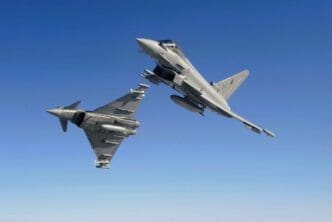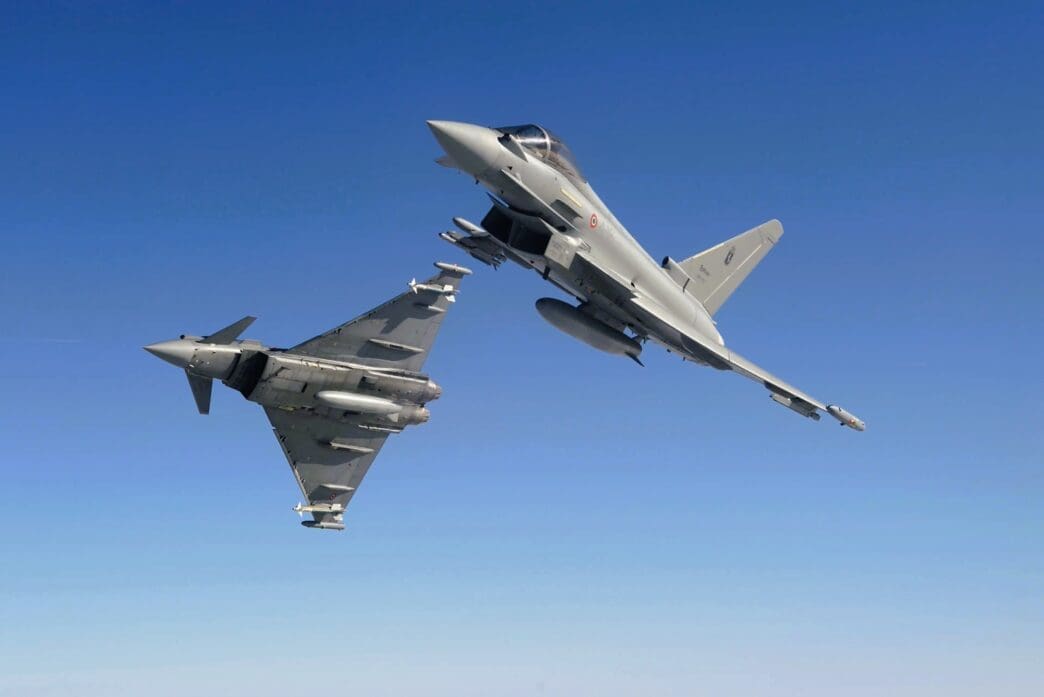London, UK – The United Kingdom is ramping up its military presence in the Middle East by deploying additional Royal Air Force (RAF) jets amid escalating tensions between Israel and Iran. The decision, announced by Sir Keir Starmer, comes as the region witnesses intensified conflict.
According to Starmer, the deployment of military aircraft, including Typhoons and air-to-air refuelers, is intended for “contingency support” throughout the region. Starmer emphasized the swift nature of the situation and ongoing discussions with allies, focusing on the need to de-escalate tensions. “Our constant message is de-escalate, and therefore everything we’re doing, all discussions we’re having are to do with de-escalation,” he said.
The latest announcement follows a similar deployment last year when UK jets were sent to the region to help prevent conflict escalation. Starmer, who is traveling to Canada for the G7 summit, stated that the weekend’s developments in the Middle East would be a significant topic of discussion at the meeting.
In a diplomatic move, Starmer spoke with Israeli Prime Minister Benjamin Netanyahu, discussing Israel’s safety and security. He reiterated the UK’s longstanding concerns about Iran’s nuclear program while acknowledging Israel’s right to self-defense. However, Starmer did not confirm whether the UK would actively participate in defending Israel.
The rising tensions have seen Iran threatening to target military bases of the UK, France, and the US if they support Israel in countering Tehran’s strikes. Over the weekend, Iran launched an attack on Israel, prompting a response from the Israeli military targeting Tehran. Iranian President Masoud Pezeshkian warned of a “more severe” response should Israel continue its actions, while Israeli Defense Minister Israel Katz warned of severe consequences for Iran’s continued aggression.
Casualties have already been reported, with Iranian state TV announcing 60 fatalities in Tehran and Israeli officials confirming three deaths and multiple injuries from the strikes. Negotiations between Washington D.C. and Tehran, aimed at discussing Iran’s nuclear program, were scheduled to resume but have now been canceled, according to mediator Oman.
In a related diplomatic effort, Starmer engaged in talks with Saudi Arabia’s Crown Prince Mohammed bin Salman to address the Middle East’s precarious situation, with both agreeing on the necessity for de-escalation.
As the UK navigates these turbulent waters, its diplomatic strategies face a crucial test ahead of the G7 summit, where international security and trade are expected to be top priorities.














